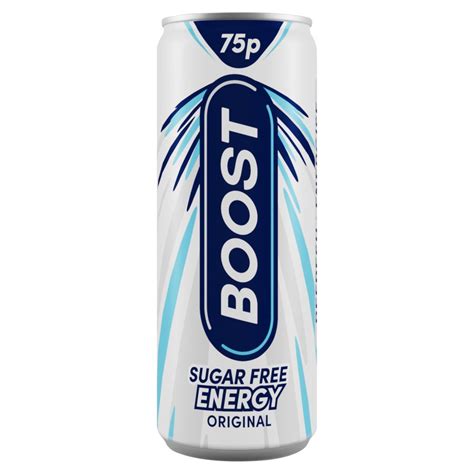Boost male T-levels naturally for peak performance and vitality?

Unlock Your Peak Potential: The Natural Path to Optimal Testosterone
Testosterone, often hailed as the cornerstone of male health, plays a pivotal role far beyond just muscle mass and libido. Optimal T-levels are crucial for energy, mood stability, cognitive function, bone density, and overall vitality. While synthetic interventions exist, many men are seeking natural, sustainable ways to optimize their testosterone production and reclaim peak performance and a vibrant quality of life. The good news is that foundational lifestyle choices can significantly influence your hormonal health.

Fueling Your Hormones: Dietary Strategies for T-Level Optimization
What you eat forms the building blocks for hormone production. A balanced, nutrient-dense diet is paramount for natural testosterone synthesis. Focus on whole foods and minimize processed items, sugary drinks, and unhealthy fats.
Key nutrients play a direct role. Zinc, found abundantly in oysters, red meat, pumpkin seeds, and legumes, is vital for testosterone production. Vitamin D, often called the ‘sunshine vitamin,’ functions as a steroid hormone in the body and directly impacts T-levels. Ensure adequate sun exposure or supplement if necessary. Healthy fats, such as monounsaturated and omega-3 fatty acids found in avocados, nuts, olive oil, and fatty fish, are essential for hormone synthesis. Finally, adequate protein intake supports muscle growth, which in turn can positively influence testosterone.

Exercise: The Natural Testosterone Powerhouse
Regular physical activity, particularly certain types, is a potent natural testosterone booster. Exercise not only helps maintain a healthy body weight – excess body fat, especially around the waist, can convert testosterone into estrogen – but also directly stimulates hormone production.
Prioritize strength training, focusing on compound movements like squats, deadlifts, bench presses, and rows. These exercises engage multiple muscle groups and elicit a strong hormonal response. High-Intensity Interval Training (HIIT) has also been shown to effectively raise testosterone levels. Remember to avoid chronic overtraining, which can lead to elevated cortisol (stress hormone) and actually depress T-levels.

The Critical Role of Sleep and Stress Management
In our fast-paced world, sleep and stress are often overlooked yet profoundly impact hormonal balance. Lack of adequate, quality sleep can significantly reduce testosterone levels, as much of the body’s hormone production and repair occurs during deep sleep cycles.
Aim for 7-9 hours of uninterrupted, quality sleep each night. Establishing a consistent sleep schedule, creating a dark, cool sleep environment, and avoiding screens before bed can greatly improve sleep hygiene. Chronic stress, on the other hand, elevates cortisol, which has an inverse relationship with testosterone. Implement stress-reduction techniques such as meditation, deep breathing exercises, yoga, spending time in nature, or engaging in hobbies you enjoy.

Lifestyle Adjustments for Sustained Vitality
Beyond diet, exercise, and sleep, several other lifestyle factors contribute to optimal testosterone levels. Moderating alcohol intake is important, as excessive alcohol consumption can negatively impact Leydig cells in the testes, which produce testosterone. Similarly, quitting smoking and avoiding recreational drugs are crucial for overall endocrine health.
Maintaining a healthy body weight is also key. Obesity is strongly linked to lower testosterone. Additionally, try to minimize exposure to endocrine-disrupting chemicals found in plastics (BPA, phthalates), pesticides, and certain personal care products, which can interfere with hormone production and regulation.

Considering Natural Supplements (With Caution)
While a holistic lifestyle forms the bedrock of natural testosterone boosting, certain natural supplements have shown promise in supporting T-levels for some individuals. These include Ashwagandha, an adaptogenic herb known to reduce stress and improve testosterone in some studies; Fenugreek, which may help improve libido and T-levels; and D-Aspartic Acid. However, it’s crucial to consult a healthcare professional before starting any supplement regimen to ensure safety and appropriateness for your individual needs.
Embrace a Holistic Path to Peak Male Performance
Optimizing male testosterone naturally is not a quick fix but a commitment to a holistic lifestyle. By consciously adopting a nutrient-rich diet, engaging in regular and smart exercise, prioritizing quality sleep, effectively managing stress, and making informed lifestyle choices, you can empower your body to produce testosterone more efficiently. This comprehensive approach not only supports healthy T-levels but also paves the way for enhanced energy, mental clarity, physical strength, and a vibrant sense of well-being, allowing you to achieve peak performance in all aspects of life.









